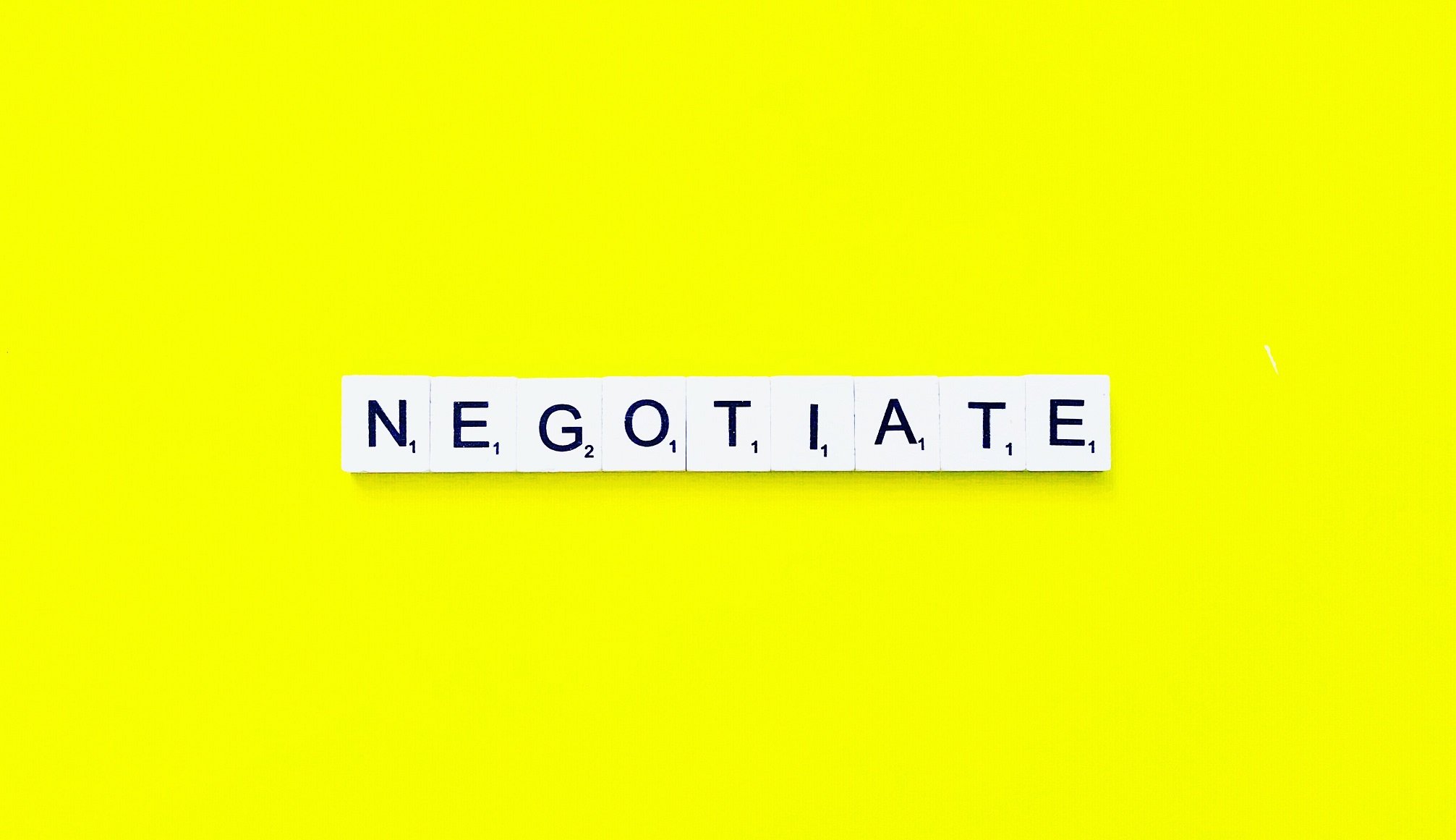Negotiating Copyright Infringement Damages in Software Settlements with the BSA

The BSA | The Software Alliance (“the BSA”) investigates claims of software copyright infringement behalf of its member software publishers to determine whether any companies end users have unlicensed software installed in violation of The Copyright Act. The BSA has been granted a power of attorney to pursue claims relating to copyright infringement on behalf of publishers such as Autodesk and Microsoft, including seeking monetary damages. Most software audits initiated by a third-party entity like BSA or by the publisher itself are resolved without litigation. Many audits are resolved with payment of a monetary penalty as part of the resolution.
During the audit process, an audited entity submits audit results to the BSA, which then identifies whether there are installations that do not have corresponding proof of license. This process may identify software that is incorrectly licensed, resulting in potential penalties even though the audited entity owned a license for the product. Once the audit results are accepted, if there are license deficiencies, the BSA sends a settlement demand.
It is important to verify that the initial settlement demand is accurate before engaging in negotiations in order to avoid paying an artificially inflated settlement. There are several key factors to consider with regard to the settlement demand.
1) Actual versus Statutory Damages. The Copyright Act, 17 U.S.C. §504, allows the owner of a copyright to determine how to calculate damages related to copyright infringement. The copyright owner may elect to obtain actual damages, which is the actual value of the software installed, multiplied times the instances of infringement (number of installations). This provision references willful copyright infringement.
The BSA previously typically includes a multiplier based on the willful copyright infringement provision. There are several strategies that can be employed to reduce the total settlement.
Alternatively, the BSA may elect to assess statutory damages for the copyright infringement. 17 U.S.C. §504 (c). According to this provision, the court may award between $750 and $30,000 per work. For example, if the BSA assessed a penalty for $5,000 for Microsoft Visio, the number of copies actually installed would not be multiplied in the same way the demand is multiplied when the BSA seeks actual damages. Even if a company had 15 installations of Microsoft Visio, if the statutory penalty assigned to that work is $5,000, then $5,000 is the total penalty for that item.
2) Unbundled Pricing for Suites. Regardless of whether the BSA decides to base its demand on statutory or actual damages, a penalty is assessed for each individual component of a software suite. The BSA argues that each component is copyrighted separately, and therefore should be calculated separately.
However, Adobe’s End User License Agreement specifically prohibits unbundling the software (Section 4.5 of Adobe’s End User License Agreement). Despite this clear treatment of Adobe software suites as a single product, the BSA will include a penalty for each individual component of Adobe Creative Suite.
3) Incorrect MSRP values. Recently, a trend has emerged among some of the BSA’s attorneys to assess artificially inflated or incorrect MSRP values for the software that is installed. It is critical to carefully evaluate the settlement demand on a line-by-line basis to ensure that 1) the number of instances of software incurring a penalty are accurate, and 2) the actual MSRP value of the products is accurate.
Two mistakes I see regularly are incorrect pricing for Microsoft suites, and incorrect server pricing. Microsoft Office changed its pricing for its components in 2016 and newer versions to $109.99 for most components. Often the BSA continues to assess the older pricing ($139.99) for these new instances.
Additionally, I frequently encounter Enterprise or Core pricing penalties for Microsoft Servers that should include Standard pricing.
It is not a concession for the BSA to agree to the accurate pricing for its settlement calculations. Generally speaking, I do not recommend engaging in negotiations until you agree on the initial demand and correct any pricing mistakes.
4) CALs. The BSA sometimes includes penalties for a Client Access License (CAL), based on the total number of employees and the type of server installed. However, a CAL is not a software product that is installed on a network, and therefore should not be included in a penalty for software infringement.
5) Confidentiality and Inspections. In some instances, The BSA may agree to include a confidentiality provision to keep the existence and terms of the settlement confidentiality for a premium. The fee for including this provision varies widely based on the company, number of instances of software infringement, and the counsel for the BSA. Typically, this provision must be requested as part of any counteroffer to the auditing entity and is included as part of the total settlement sum. Most companies choose to include this provision to avoid the bad press associated with resolving copyright infringement.
It is strongly recommended that an audit target seeks legal counsel that specializes in software copyright infringement in order to avoid overpaying a settlement.




